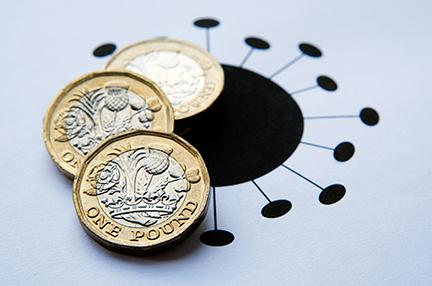What is a Debt Relief Order?

A Debt Relief Order is a less formal way to solve your debt problem than bankruptcy. Once you obtain a debt relief order, the remaining debt will be written off your credit history after the moratorium period has expired. As long as you follow the conditions of the order, you will not have to make payments for a year. Once the moratorium period expires, your debts will be written off and you will be free of debt.
If you are eligible for a debt relief order, you must first explain your financial situation to an official receiver at the bankruptcy court. The official receiver will check to see if you are eligible and may ask for further information to make a decision. If the court officer considers that you have other debts that are more important, you can be refused the order. To avoid this, you will have to disclose which of your debts are your priorities.
Although creditors have a right to object to a Debt Relief Order, they cannot object to it on grounds of non-eligibility. However, creditors cannot object if you don’t wish to include them in the DRO. During the moratorium, you cannot use any credit. A DRO also bars you from holding a directorship or managing a company.
Once you have decided to apply for a Debt Relief Order, you must find a qualified debt adviser. A qualified debt adviser can guide you through the process and ensure you provide the correct information. An authorised adviser can be found through your local Citizens Advice service or through the government’s list of approved organisations. Once approved, you must disclose any assets that you have sold or given away, as well as the amount owed.
Vehicles owned outright do not need to be included in your list of assets. Those that are adapted for disabled people can also be excluded. However, you cannot exclude your work vehicle unless it’s worth PS2,000 or more. If your vehicles were purchased on hire purchase, you might have to transfer them to a lease hire scheme to avoid a DRO.
A DRO usually lasts 12 months. You can request a longer DRO if your circumstances change. If your circumstances change, you should contact the Insolvency Service for advice. At the end of the twelve-month period, your debts will be written off and you won’t have to pay them ever again.
Debt relief orders are a legal solution for people who cannot afford the repayments required by their debts. Although they may not be the ideal solution for everyone, DROs are a practical and affordable debt solution. They can even be paid in instalments. They are a very viable solution for low-income individuals.
DROs will affect your credit score, but the effect will be far less severe than ongoing arrears and collection action. In addition, a DRO will improve your credit rating over time. However, it will stay on your credit report for six years.
What is a Debt Relief Order? was first seen on Help with My Debt
